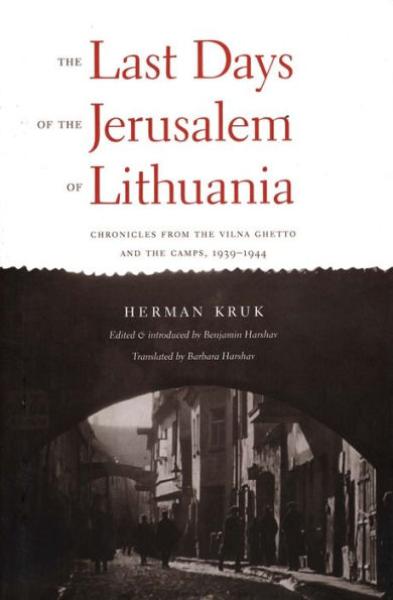Description
Kruk describes vividly the collapse of Poland in September, 1939, life as a refugee in Vilna, the manhunt that destroyed most of Vilna Jewry in the summer of 1941, the creation of a ghetto and the persecution and self-rule of the remnants of the "Jerusalem of Lithuania," the internment of the last survivors in concentration camps in Estonia, and their brutal deaths. Kruk scribbled his final diary entry on September 17, 1944, managing to bury the small, loose pages of his manuscript just hours before he and other camp inmates were shot to death and their bodies burnt on a pyre.
Kruk's writings illuminate the tragedy of the Vilna Jews and their courageous efforts to maintain an ideological, social, and cultural life even as their world was being destroyed. To read Kruk's day-by-day account of the unfolding of the Holocaust is to discern the possibilities for human courage and perseverance even in the face of profound fear.
Product Details
- Yale University Press Brand
- Sep 10, 2002 Pub Date:
- 0300044941 ISBN-10:
- 9780300044942 ISBN-13:
- 732 Pages
- 9.7 in * 6.22 in * 2.26 in Dimensions:
- 3 lb Weight:




